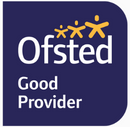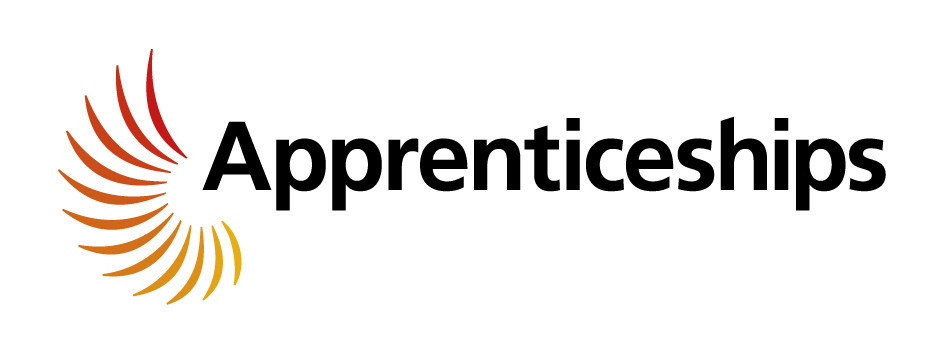Course Overview
The Midwifery T Level is an exciting new way to enable you to study both the relevant academic knowledge and the importance of the practical and relevant work placement. Covering different theoretical and practical aspects of Midwifery, this course is an excellent starting point for a future. T Levels are based on the same standards as apprenticeships, designed by employers and approved by the Institute for Apprenticeships and Technical Education. We expect the total time for a T Level to be around 1,800 hours over the 2 years, including the industry placement. The T Level course includes compulsory elements and the technical qualification will include core theory, concepts and skills for the industry area and specialist skills and knowledge for an occupation as a Midwife as a career, including industry placement with a midwifery team
What will I learn?
You will learn about the principles and applications of working in the health setting, examples of some of these include, Health and Safety and environmental regulations in the health and science sector, and the regulations applicable to the health and science sector. Managing personal information and data, good scientific and clinical practice as well was providing person centre care and health and wellbeing. Infection protection and control in a health and science setting alongside safeguarding.
In your occupational specialism you will also learn about:
Assisting the midwifery team with clinical tasks and learning about the stages of pregnancy, different roles and responsibilities within the team, the range of clinical interventions used to provide maternity support, and the birthing environment
Assisting the midwife to provide care for mothers and supporting parents at all stages, from antenatal to postnatal
Assisting with the care of newborn babies by undertaking observations and measurements
Human anatomy and physiology as it relates to expectant mothers and newborn infants
Study, Assessment and Qualifications
T Level in Health and Science: Midwifery is studied in the classroom, the practical ward setting on campus and the workplace.
Core knowledge and concepts is assessed through an externally set test and the employer-set project. Occupational specialisms are assessed through a synoptic assessment of performance to ensure that a learner meets the minimum competence standards for the industry.
Entry Requirements
The minimum age of this qualification is 16 years of age. You should have a minimum of five GCSEs at grade C/4 or above including Mathematics, English and Science.
Alternatively, you should have passed a relevant Level 2 qualification with at least a Merit grade and GCSE passes in English Language and Mathematics at grade C/4 or above.
T Level programmes follow GCSEs and are a qualification for students aged 16-18 at the start of the course. Our T Levels are not available to adults at this time.







